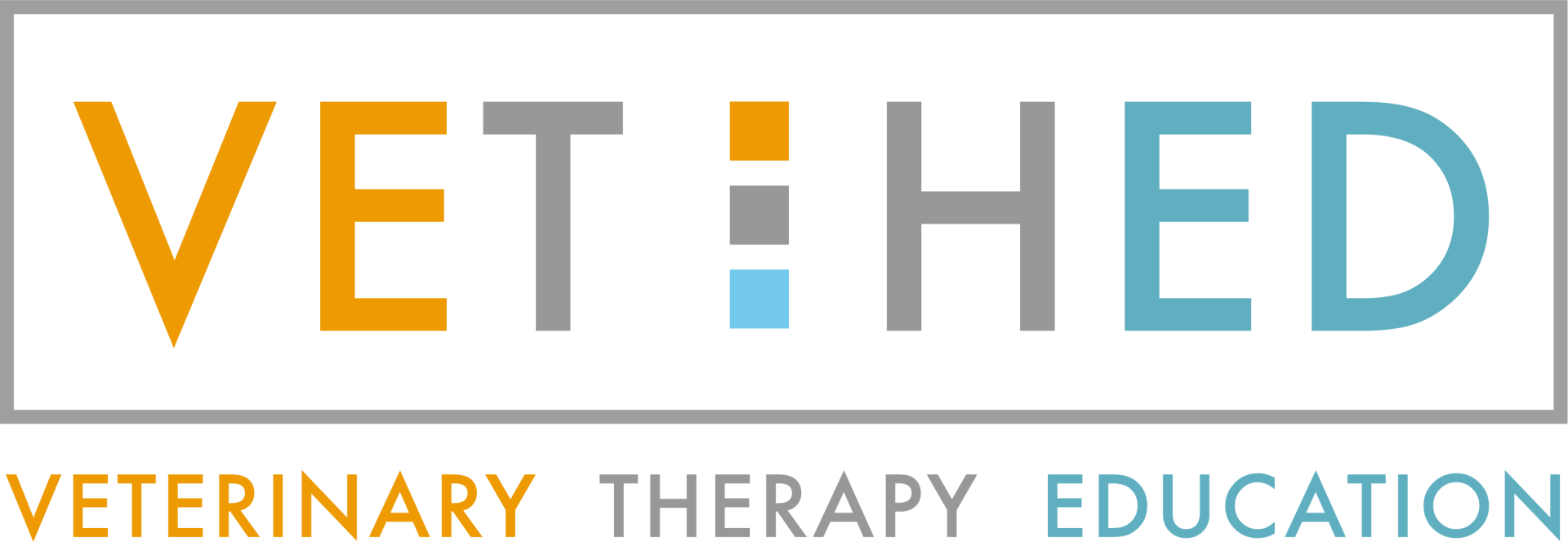Level 4 Diploma in Equine Hydrotherapy
Blended
Learning
September
2025
November 2024
80 Hours
£3250
12 Months
380+ Hours
Who is this course for?
- Take a detailed look at the musculoskeletal system of the horse
- Consider what it means to work as part of a multidisciplinary team
- Establish ethical and safe practice to improve equine welfare
- Refine your record keeping and clinical reasoning skills
- Develop your communication skills and professionalism
What you will study on the level 4
#1 Introduction to Hydrotherapy
Candidates will cover the safe use of various hydrotherapy equipment, such as underwater treadmills and saltwater spas, by explaining their design functions, properties of water, and their application in treatment. Candidates will also examine the potential risks associated with water properties and compare the benefits, limitations, and safety features of different equipment. They will learn to identify when the use of specific equipment is indicated or contraindicated, understanding the definitions and implications of these terms, and distinguishing between precautions and contraindications. Furthermore, the course will outline recommended and discouraged practices for hydrotherapy sessions and differentiate between its use for equine rehabilitation and performance enhancement. This includes evaluating monitoring techniques and setting specific aims and objectives for both rehabilitation and performance contexts.
#2 Equine Hydrotherapy Water & Equipment Management
Candidates will learn legal and professional obligations like Health and Safety, Duty of Care, COSHH, and manual handling. They will understand professional guidelines, codes of conduct, and continual development.
#3 CRA, Health Monitoring & First Aid
Candidates studying Clinical Risk Assessment (CRA) in hydrotherapy will evaluate methods like Dynamic and Leisure Risk Assessment, describe the process of Risk Rating horses, and demonstrate CRA in practice. They will cover health monitoring strategies for horses, key principles of equine first aid, and evaluate legal and ethical limitations in emergencies.
#4 Equine Functional Anatomy & Biomechanics
Candidates studying equine anatomy and biomechanics in hydrotherapy will learn about the functional roles of major peripheral nerves and the proprioceptive system. They will cover types of movement, major skeletal muscles, and their functions. The unit includes therapeutic palpation techniques for accurately locating muscles. Additionally, candidates will understand the purpose and design of the skeleton and joints, the integration of respiratory and cardiovascular systems, and equine biomechanics related to balance, movement, and gait patterns. They will also evaluate abnormal gait and lameness impacts.
#5 Equine Pain & Behaviour
Candidates studying equine pain management and behaviour will learn to explain normal and abnormal horse behaviour and discuss how pain influences behaviour. They will describe the concept of pain, how and why it is assessed, and the application of different pain scales. The course covers inflammation, groups of pain relief and their functions, and evaluates forms of medication application. Candidates will define safe practice and appropriate use of pain relief with rehabilitation equipment, explain the term 'mechanism of action,' explore indications and contraindications of pain-relieving electrotherapies, and describe the practical application of the equipment.
#6 Equine Assessment & Clinical Reasoning
Candidates will understand the components of equine assessment for clinical hydrotherapy, including referral information, history taking, observation, and hands-on examination. They will explore elements of history, observation (behavioural patterns, gait, balance, etc.), and hands-on examination (palpation, ROM, special testing). The unit involves devising and prioritising problem lists and creating SMART goals. Candidates will evaluate treatment techniques, understand clinical reasoning (critical thinking, reason pathways), and the importance of re-assessment and outcome measures (baseline assessment, regular monitoring). Effective communication strategies with both the horse and owner, including therapeutic handling and interpersonal skills, will be covered.
#7 Treatment Pathways & Common Conditions
Candidates will develop a thorough understanding of equine rehabilitation's initial goals, expectations, and the critical evaluation of progress monitoring. This includes effectively managing the expectations of owners, trainers, and riders by setting realistic goals, ensuring safety, considering financial implications, enhancing performance, and planning for long-term outcomes. They will explore how often goals should be reassessed based on regular check-ins, milestone achievements, changes in condition, feedback, and the evaluation of treatment plans. Additionally, they will develop treatment pathways within their defined scope of practice, understanding the professional boundaries and potential implications of professional negligence, while also devising alternative strategies to address setbacks in rehabilitation scenarios.
#8 Hydrotherapy for Performance
#9 Professionalism, Ethics & Legalities
Candidates establish the importance of having a comprehensive understanding of professional obligations, duties, and accountability as a professional working in equine hydrotherapy. Candidates will discuss and reflect on some of the moral and ethical conflicts that may be encountered in clinical practice when working as an equine healthcare professional. Candidates will know the importance of working within their scope of practice, understand their limitations, and abide by the Code of Practice of their Professional Association.
#10 Equine Clinical Placement
During these clinical hours, candidates will receive detailed instructions and demonstrations on how to operate equipment with an opportunity for candidates to be able to do this autonomously. Skills will include water and plant management, horse handling, effective communication, risk assessments, treatment planning, and clinical reasoning. This comprehensive unit will allow the candidate to work with a range of equine hydrotherapy equipment and see both performance and rehabilitative cases.
Throughout this unit, emphasis is placed on developing practical skills through hands-on learning experiences, ensuring candidates are well-prepared to begin their careers with a solid understanding of the day-to-day responsibilities in equine care.

